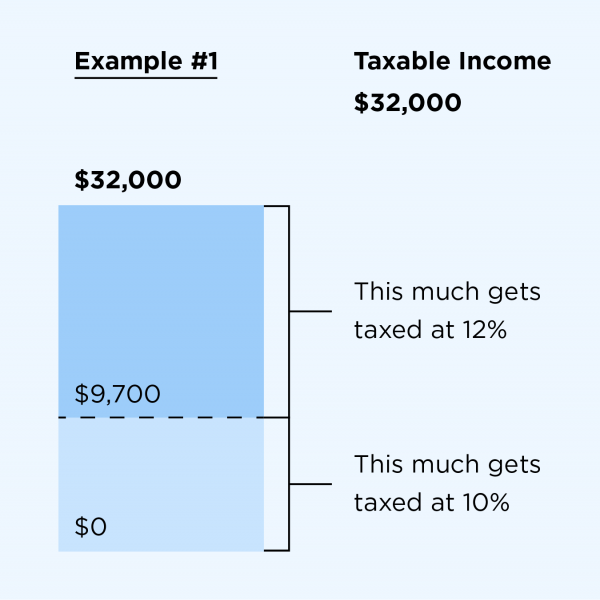
The statewide sales tax in California was first imposed on August 1, 1933, at the rate of 2.50% under the "Retail Sales Act of 1933." No local sales taxes were levied at that time. 1.00% – Local City/County – Operational funds.
 0.25% – Local County – Transportation funds. 0.50% – State – Local Revenue Fund for local health and social services. 0.50% – State – Local Public Safety Fund. The statewide base sales tax rate of 7.25% is allocated as follows: Sales and use taxes in California (state and local) are collected by the California Department of Tax and Fee Administration, whereas income and franchise taxes are collected by the Franchise Tax Board. Sales tax Īt 7.25%, California has the highest minimum statewide sales tax rate in the United States, which can total up to 10.75% with local sales taxes included. Conversely, due to refundable tax credits provided to families with children, the bottom 20% on average pay a negative income tax rate. Income tax in California is progressive, with the top tax rate of 13.3% the highest in the country. Proposition 13 also established an acquisition value assessment system, which relates assessed value to the purchase price of the property and up to 2% annual inflation, with some exceptions. Additional taxes may be charged for bond repayment or special assessments, all of which must be voter approved (See Mello-Roos). Property tax is imposed at a uniform 1% rate of assessed value due to Proposition 13. A retailer engaged in business in California (which includes many businesses located outside of California engaging in E-commerce) is generally required to collect the use tax from the purchaser at the time of sale and provide the purchaser a receipt. While the sales tax is imposed on retailers, the use tax is imposed on purchasers. Any person storing, using, or otherwise consuming in California tangible personal property purchased from a retailer is generally liable for the use tax. Use tax is imposed on the storage, use, or other consumption in California of tangible personal property purchased from a retailer.
0.25% – Local County – Transportation funds. 0.50% – State – Local Revenue Fund for local health and social services. 0.50% – State – Local Public Safety Fund. The statewide base sales tax rate of 7.25% is allocated as follows: Sales and use taxes in California (state and local) are collected by the California Department of Tax and Fee Administration, whereas income and franchise taxes are collected by the Franchise Tax Board. Sales tax Īt 7.25%, California has the highest minimum statewide sales tax rate in the United States, which can total up to 10.75% with local sales taxes included. Conversely, due to refundable tax credits provided to families with children, the bottom 20% on average pay a negative income tax rate. Income tax in California is progressive, with the top tax rate of 13.3% the highest in the country. Proposition 13 also established an acquisition value assessment system, which relates assessed value to the purchase price of the property and up to 2% annual inflation, with some exceptions. Additional taxes may be charged for bond repayment or special assessments, all of which must be voter approved (See Mello-Roos). Property tax is imposed at a uniform 1% rate of assessed value due to Proposition 13. A retailer engaged in business in California (which includes many businesses located outside of California engaging in E-commerce) is generally required to collect the use tax from the purchaser at the time of sale and provide the purchaser a receipt. While the sales tax is imposed on retailers, the use tax is imposed on purchasers. Any person storing, using, or otherwise consuming in California tangible personal property purchased from a retailer is generally liable for the use tax. Use tax is imposed on the storage, use, or other consumption in California of tangible personal property purchased from a retailer. 
Whether a sales tax reimbursement amount is actually added is a matter of contract between the retailer and the consumer. However, retailers are allowed (but not obligated) to obtain reimbursement for their tax liability from the consumer at the time of sale. Sales tax is imposed on retailers (not consumers) for the privilege of selling tangible personal property at retail. Taxes in California are collected by state and local governments through a number of tax categories. Act for the Government and Protection of Indians.






 0 kommentar(er)
0 kommentar(er)
